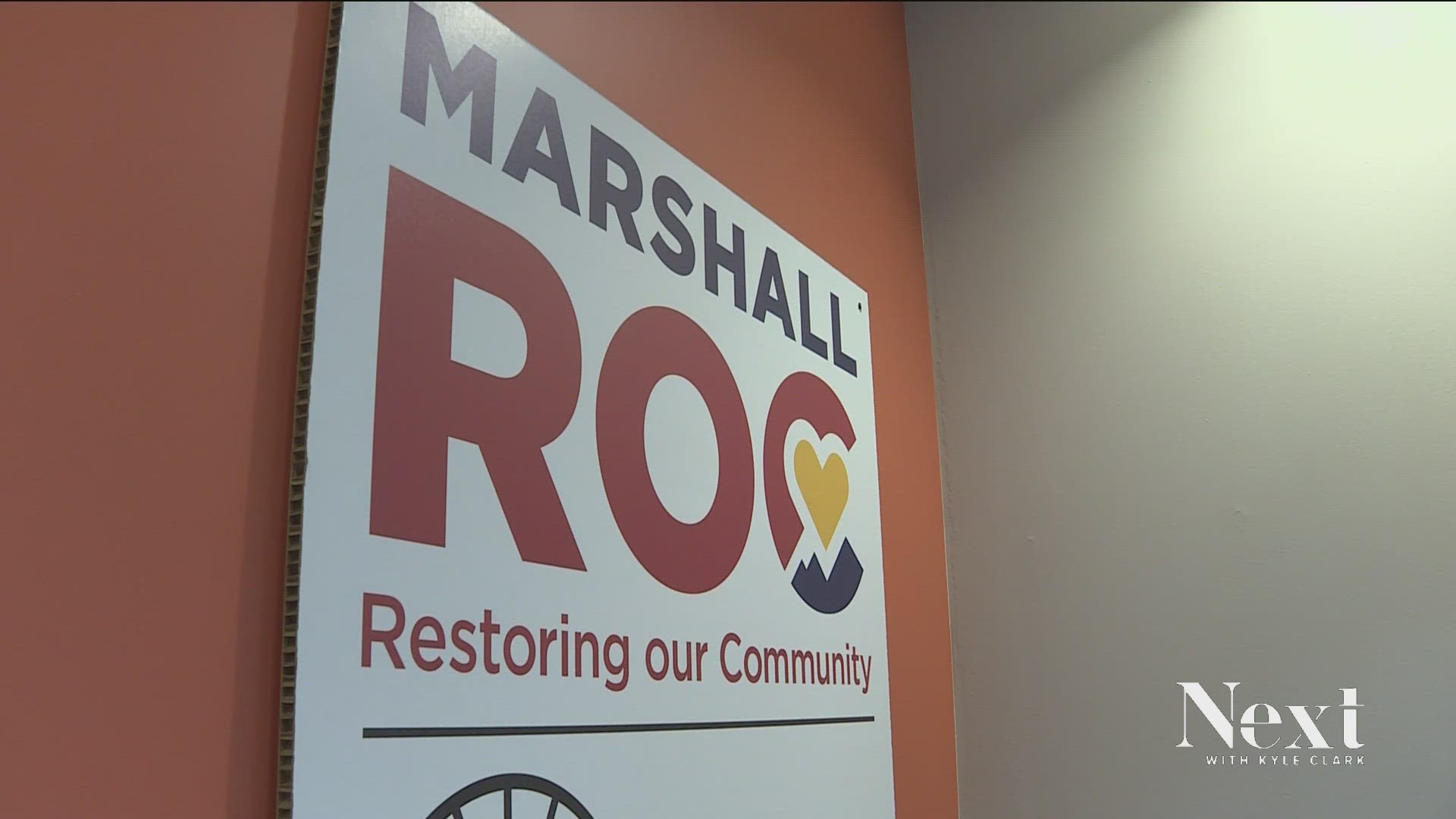LOUISVILLE, Colo. — The holiday season can be a sensitive, and often difficult, time for Marshall Fire survivors.
December marks two years since the fire, and so many families haven’t returned home. Many continue to navigate the process of rebuilding – often describing it as a “full-time job” on top of their actual full-time jobs. And then there is the trauma and loss, now so closely associated with this time of year.
“Holidays are hard for many folks, but especially when you’re remembering the anniversary of the day you lost your home,” said Melissa Mascarenas, Associate Director of Jewish Family Service of Boulder (JFS). JFS is one of the partner organizations helping provide mental health services to people impacted by the fires.
“Now that the stressors of deciding to rebuild or not rebuild have eased a bit, they’ve been able to take a step back and figure out what they need for their own mental health,” she said.
In the nearly two years since the fire, Mascarenas said more than 1,000 people have registered for the Boulder County Crisis Counseling services. Participants are eligible for a number of free counseling sessions. More people continue to register every single month for that program.
Some people are finding in-house services through JFS. In other cases, they are connected with a therapist in the community.
“Whether it's high winds that day or a snowstorm or a fire burning somewhere else, all those triggers bring on emotions, bring on past trauma,” she said.
Katie Reynolds, who handles Crisis Counseling and Outreach for Marshall ROC (Restoring Our Community), a long-term recovery group which partners with JFS and others to provide mental health services. She says people are struggling with where they are in the rebuilding process – whether further along, or still early.
“For a lot of people there’s a noticeable difference… that are able to [re]build, further along in their build. Now it's more of a visual representation of how far behind they are,” she said.
Most families haven't moved back home yet. Many will soon lose the insurance help covering their temporary living expenses.
Even survivors who have moved back home are struggling.
“Getting back into their home is the time people are realizing that it’s not their [old] home,” she said. “They have more time to think about that. They are not as distracted as they have been the last two years. That's really put a hold on a lot of peoples’ emotional process.”
A rebuilt home has an official date of completion.
Rebuilding their lives is an ongoing process.
“It’s been a long haul for a lot of these folks,” Mascarenas said. “For some, there’s no end in the near future.”
And, as both women point out, all of the other stresses in life continue. Along with the rebuilding and healing process, survivors are also dealing with everyday challenges: family dynamics, illness, job changes, and more.
Taking care of their mental health has to be a priority.
‘If you’re going to fireproof your house, it's really like fireproofing your mind as well,” Reynolds said. “Mental health is preparing yourself for whatever else is going to happen in the future.”
More from Jennifer Meckles:
SUGGESTED VIDEOS: Next with Kyle Clark

